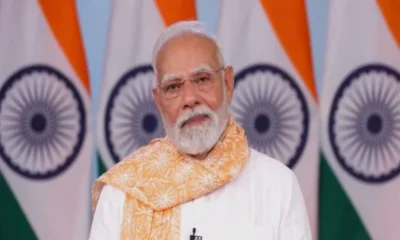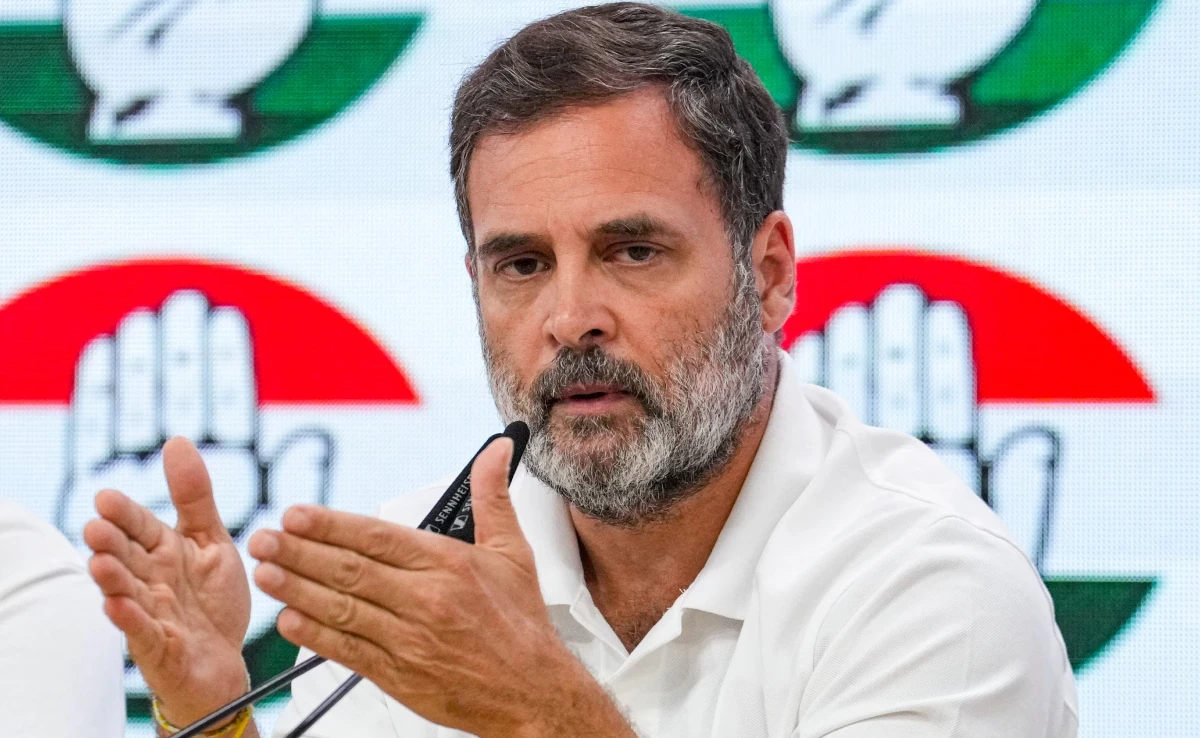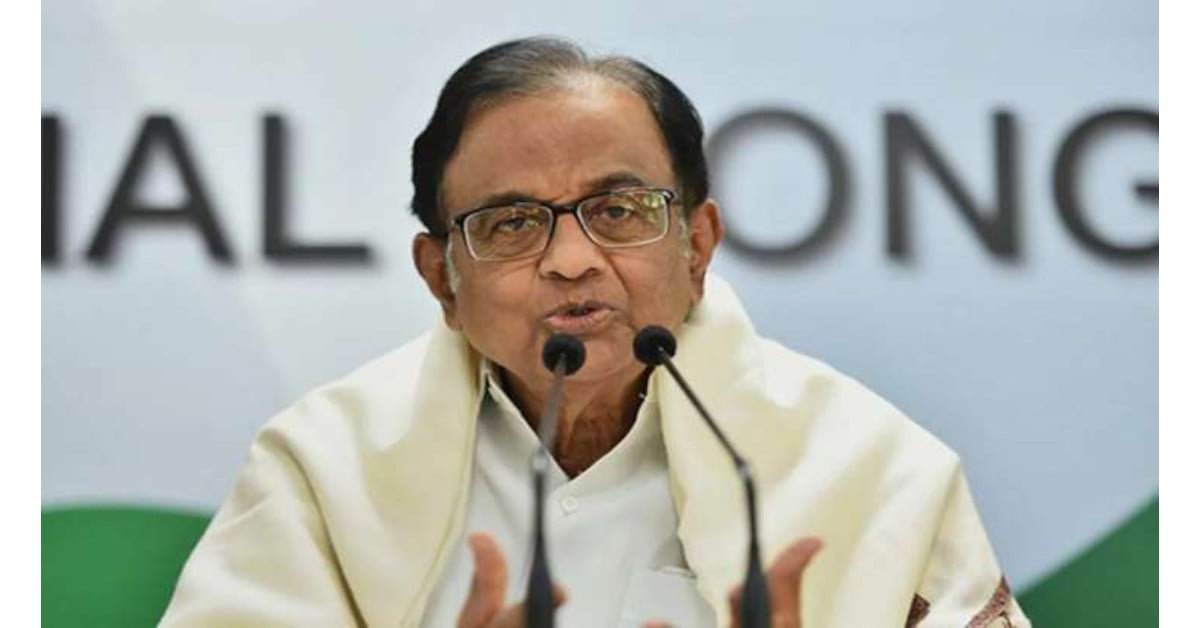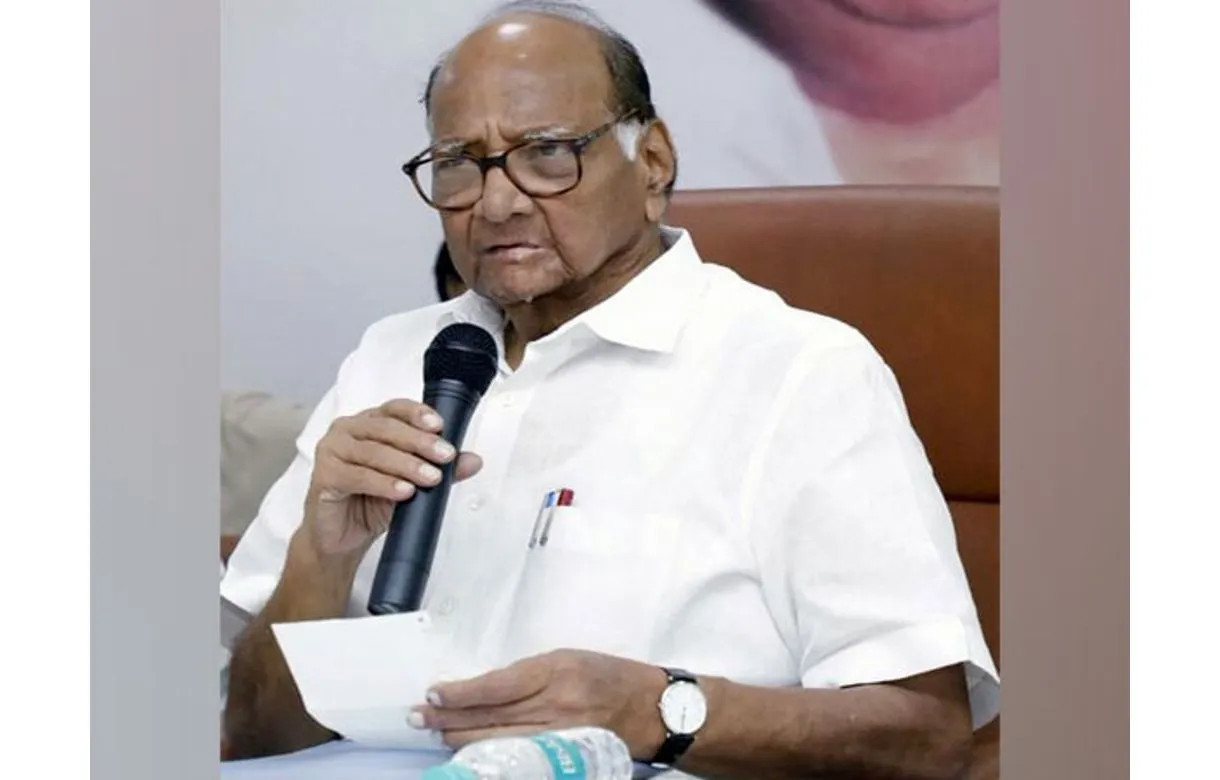Bagging 28 of the 58 Rajya Sabha seats for which elections were held on Friday, March 23, the BJP further consolidated its position as the single largest party in the upper house of Parliament.
The BJP has added 11 more seats to its tally – the term of 17 of its Rajya Sabha MPs was coming to an end in April
The BJP’s strength in the 245-member House will go from the existing 58 to 69 and that of the Congress will fall from 54 to 50 when the new MPs take oath next week. However, a majority in the Council of States will continue to elude the BJP-led NDA which recently suffered a setback with the Telugu Desam Party (TDP, its ally of four years having six seats in the house, deciding to part ways.
Polling was held on Friday for 25 of the 58 seats that fall vacant in April. Nominees to the other 33 seats were declared elected unopposed on March 15, the last day of withdrawal of nomination of candidates. Seventeen of BJP nominees were among these 33. These included seven union ministers Dharmendra Pradhan, Ravi Shankar Prasad and Prakash Javadekar. The Congress had won four, the Biju Janata Dal three, the RJD, JD-U and TDP two each and the Shiv Sena, the NCP and the YSR Congress one each.
The BJP won 12 of the 25 seats that saw voting on Friday, nine from Uttar Pradesh and one each from Chhattisgarh, Jharkhand and Karnataka.
Of the total 58 seats falling vacant in April, the BJP won 28, the Congress nine, Trinamool four, TRS and BJD three each, JD-U, TDP and RJD two each and Samajwadi Party, Shiv Sena, NCP and YSR Congress one each.
Among the seats that went up for voting, all eyes had been on the 10 in Uttar Pradesh (UP), where a nail-biting contest saw BJP secure nine seats. While its victory on eight seats was clear and a foregone conclusion, it managed to bag the ninth where it foiled the bid by the BSP-SP-Congress combine to get a BSP candidate elected amid high drama and cross-voting allegations.
While the BSP candidate Bhimrao Ambedkar got 33 votes – short by four – in the first preference votes against 22 of the BJP, the ruling party nominee was declared winner on the basis of second preference votes. The votes of SP MLA Nitin Agarwal and Anil Singh of the BSP, who cross voted in favour of the BJP, were declared invalid.
The SP candidate Jaya Bachchan won the remaining one seat.
Besides BJP’s prominent winner, Union finance minister Arun Jaitley, others from the party who made it to the upper house of Parliament from UP are Ashok Bajpai, Vijay Pal Singh Tomar, Sakal Deep Rajbhar, Kanta Kardam, Anil Jain, Harnath Singh Yadav, GVL Narasimha Rao, and the ninth candidate Anil Kumar Agarwal, who pulled off a surprise win with the help of second preference votes.
In Jharkhand, the BJP’s Sameer Uranv and the Congress’s Dheeraj Sahu won the two Rajya Sabha seats from Jharkhand, said media reports. The Congress retained the seat it held earlier while the BJP gained one at the expense of the Jharkhand Mukti Morcha. The Congress fashioned a dramatic victory, winning despite having only seven votes. The Congress’ candidate, Dheeraj Sahu, defeated the BJP’s Pradeep Sonthalia by a fraction of a value of votes, after the Election Commission took into consideration the second preference votes of three BJP MLAs, NDTV reported.
In Karnataka, BJP’s Rajeev Chandrashekar was declared a winner along with Congress’s L Hanumanthaiah, Syed Naseer Hussain and GC Chandrasekhar, amidst a complaint and boycott by JD(S). The Congress thus won three of the four seats. BJP’s Rajeev Chandrasekhar polled the highest votes, with 50 legislators supporting his candidature, Mint reported.
BJP national general secretary Saroj Pandey won the lone Rajya Sabha seat for which polling was held in Chhattisgarh, defeating Congress rival Lekhram Sahu.
The ruling parties in Telangana and West Bengal also did well, said media reports. The Telangana Rashtra Samithi’s B Prakash, B Lingaiah Yadav and J Santosh Kumar won, the Trinamool Congress bagged four seats in West Bengal. The Congress’ Abhishek Manu Singhvi won the fifth seat in West Bengal with Trinamool’s help.
In Kerala, Veerendra Kumar of the Sharad Yadav-led faction of the Janata Dal (United) won the one seat that was contested. The Left Democratic Front backed him. The seat had fallen vacant after Kumar resigned from the Upper House in December after the JD(U), headed by Bihar Chief Minister Nitish Kumar, joined the National Democratic Alliance.
While the BJP-led NDA is still short of a majority in Rajya Sabha, BJP’s political managers are upbeat, sensing that a fall in Congress’s numbers and other vocal opposition parties like the Samajwadi Party will help their agenda in Rajya Sabha.
Parties like AIADMK, TRS and YSR Congress, which will have a combined strength of about 21 after new members take oath, have often supported the government’s legislative agenda in the Rajya Sabha. The TDP, which recently quit NDA, may also not be beyond influence.

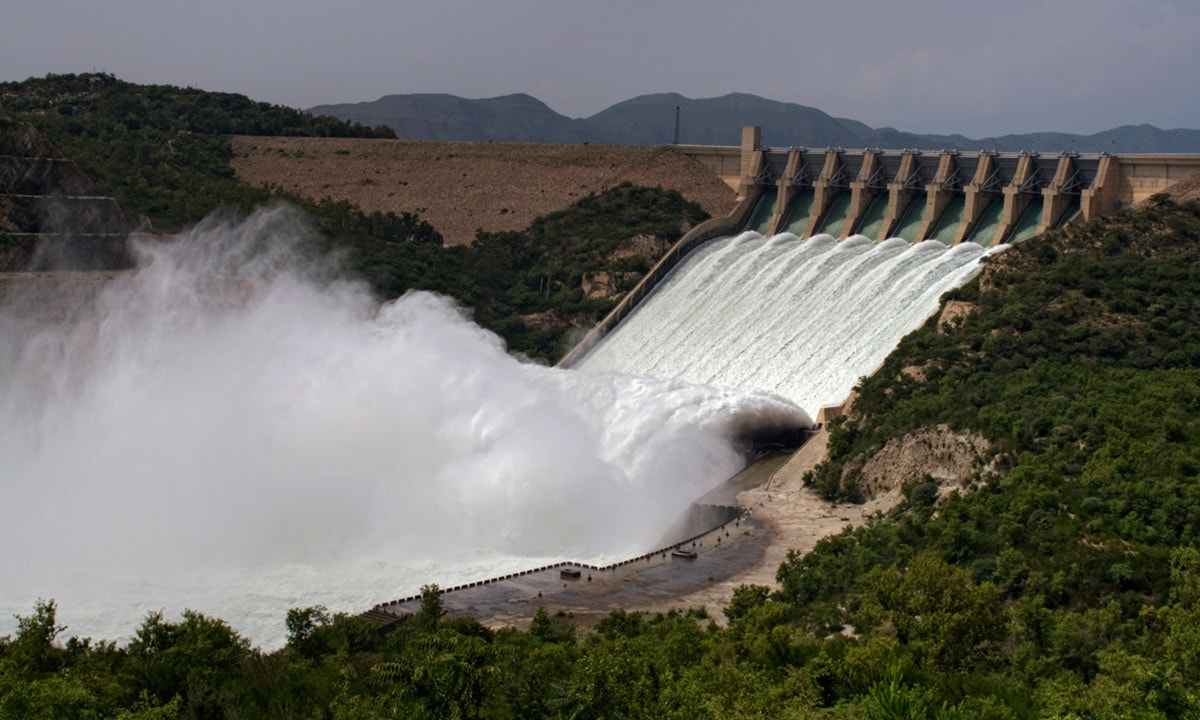
 Latest world news16 hours ago
Latest world news16 hours ago
 India News16 hours ago
India News16 hours ago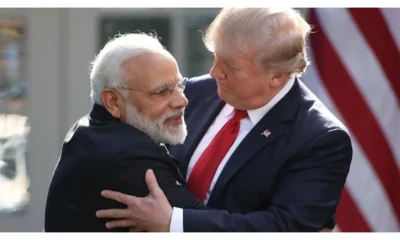
 Latest world news1 hour ago
Latest world news1 hour ago
 India News1 hour ago
India News1 hour ago
 India News1 hour ago
India News1 hour ago
 India News55 mins ago
India News55 mins ago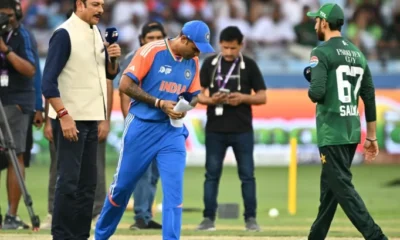
 LATEST SPORTS NEWS42 mins ago
LATEST SPORTS NEWS42 mins ago








